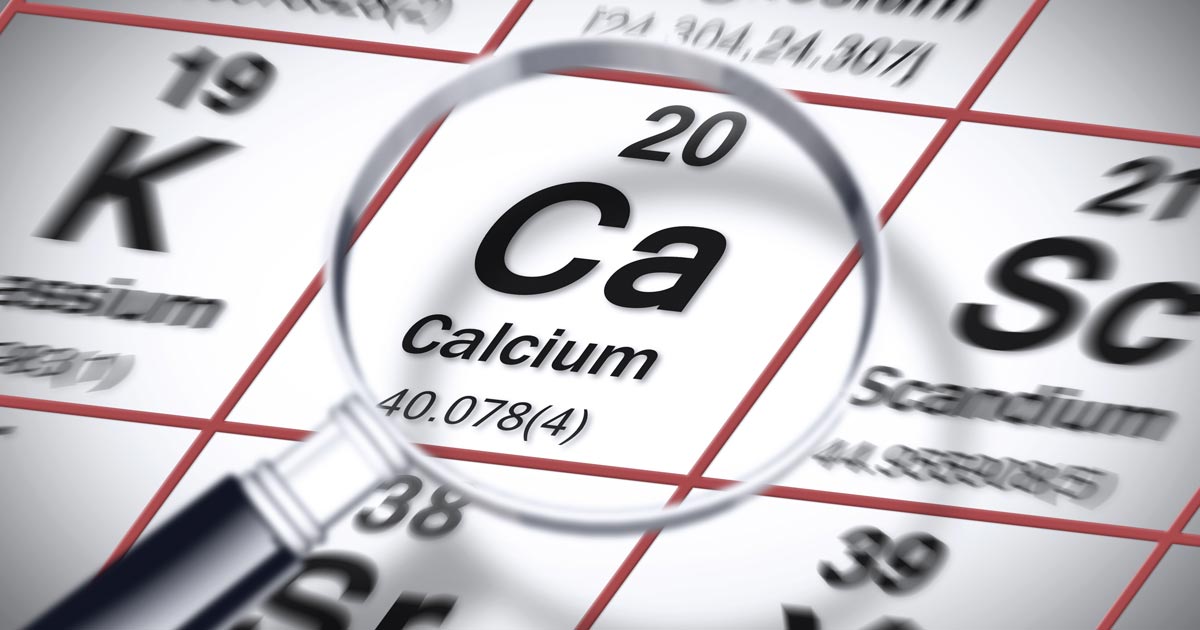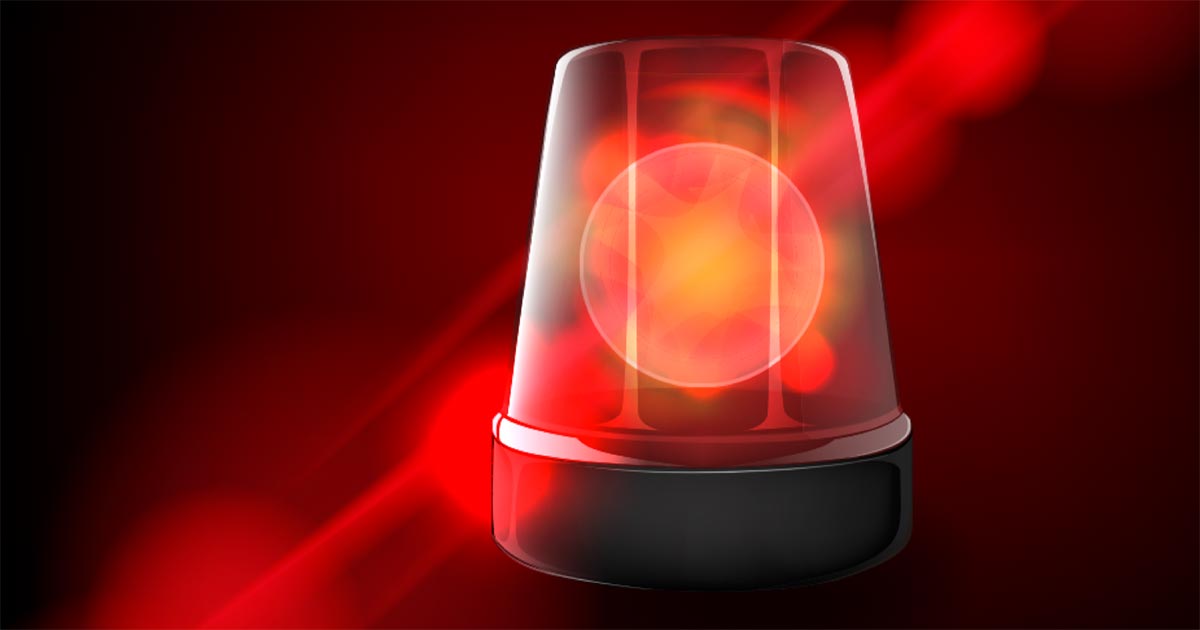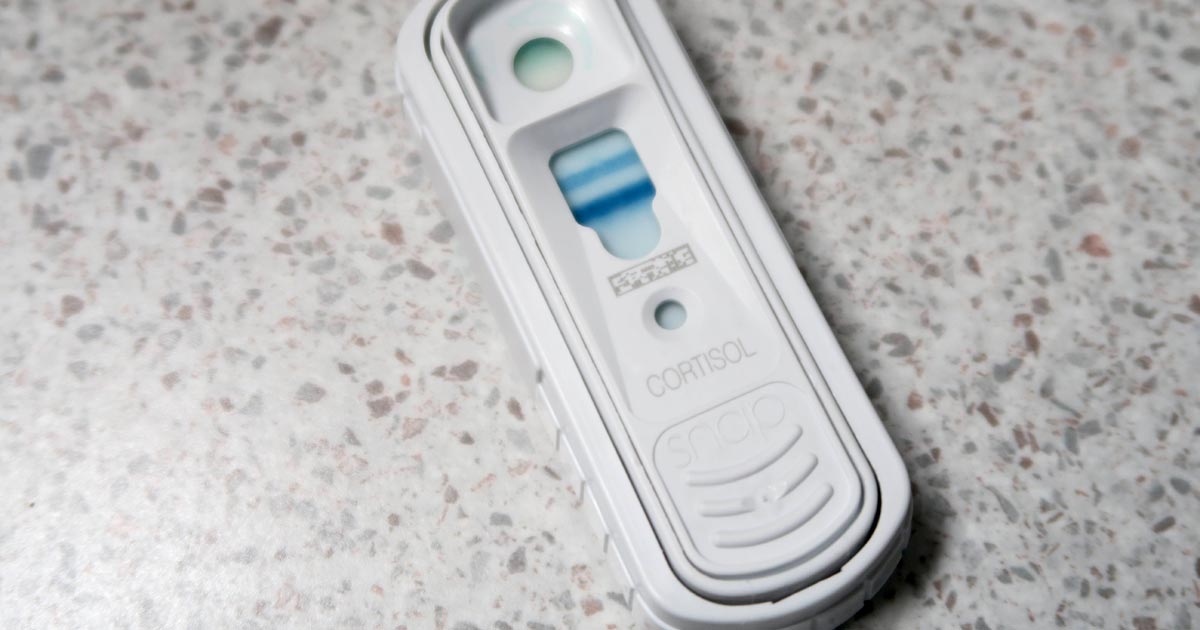Tag: Hyperparathyroidism
-

Ionised hypocalcaemia, pt 4: controversies and prognostic indications
—
by
Ionised hypocalcaemia (iHCa) is a well-known electrolyte abnormality in critical human patients, which is also beginning to be recognised in our critical feline and canine patients. The exact mechanism for the development of iHCa is still unknown – making prevention difficult, if at all possible. Controversy also exists as to whether treating iHCa is of…
-

Ionised hypocalcaemia, pt 2: eclampsia
—
by
As discussed in part one of this blog series, a myriad of disease processes can lead to ionised hypocalcaemia (iHCa). Despite this, only hypocalcaemia caused by eclampsia and hypoparathyroidism (primary or iatrogenic – post-surgical parathyroidectomy) are severe enough to demand immediate parenteral calcium administration. Hypoparathyroidism is quite rare, so this blog will not explore the…
-

Ionised hypocalcaemia, pt 1: introduction
—
by
Low ionised calcium (iCa) is a widely recognised electrolyte disturbance in critically ill human patients who have undergone surgery, are septic, have pancreatitis, or have sustained severe trauma or burns. Similar changes occur in our critical canine and feline patients, though less well documented. Calcium plays a vital role in a myriad of physiological processes…
-

Handling an Addisonian crisis – part 1
—
by
Addison’s disease (hypoadrenocorticism) is one of those annoying diseases that does not always play by the rules. One of the main reasons is the clinical signs of Addison’s disease can be frustratingly non-specific and we don’t often see the classic “low sodium, high potassium” electrolyte changes we are attuned to noticing. Therefore, it is important…
-

SNAP cortisol test
—
by
While hyperadrenocorticism is not an uncommon incidental finding in patients presenting to our emergency clinic, hypoadrenocorticism is a lot less common. Or, possibly, more frequently underdiagnosed. Textbook clinical presentations combined with haematology and biochemicial changes can make diagnosis straightforward, but not all patients will present with all the classic signs. To complicate things further, hypoadrenocorticism…